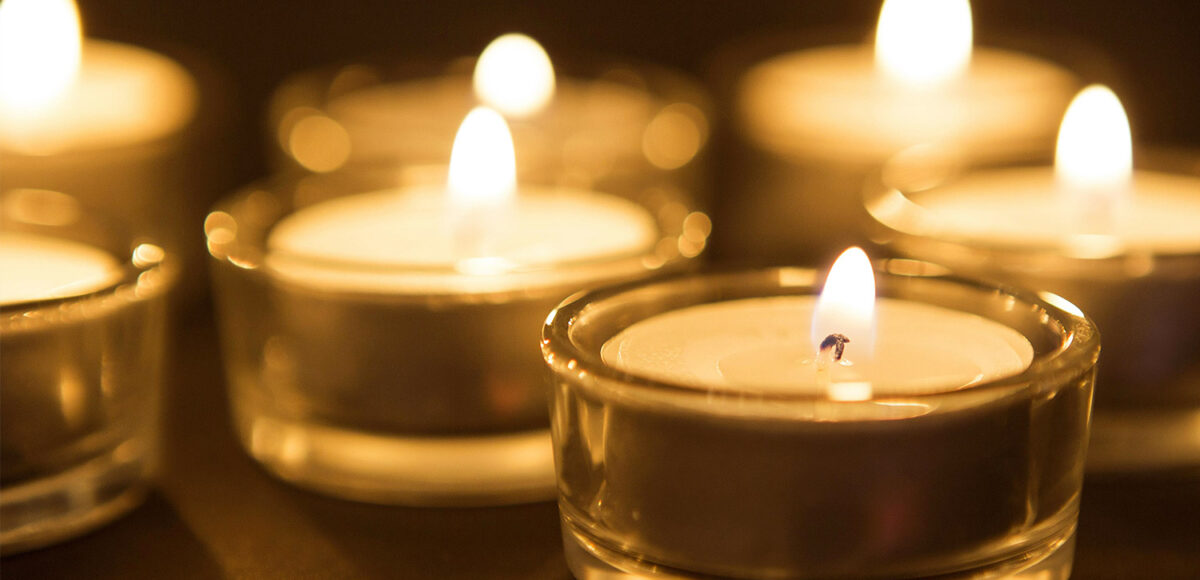Grief is complicated and may smack us in the face or sneak up on us unexpectedly.
On New Year’s Day, I eagerly went off to see the movie “Boys in the Boat.” Only a few minutes into the movie, I started to cry. My thought was “Gee this is odd, I wonder why I am crying.” I was searching for an answer and my mind was running through all sorts of possibilities. About 10 minutes later as tears continued to stream down my face, I got it. The coach bore an uncanny resemblance in appearance, mannerisms and interests to my cousin who died in a tragic boating accident on March 13, 2020. As you know, that was a difficult time in our world’s history and a very challenging time to deal with a personal loss. Many of us lost loved ones that year while our normal outlets for grief were altered, leaving us with unresolved mourning and tears coming up when we least expect them.
The transition into a new year, often marked by celebrations and resolutions, can heighten grief reactions. As our past is remembered and our future is contemplated, the sense of loss can be amplified. With so many others experiencing joy around us, it can leave those suffering with a heightened sense of isolation.
Author C. S. Lewis wisely said, “I thought I could describe a state; make a map of sorrow. Sorrow, however, turns out to be not a state but a process.” Psychologist and grief expert William Worden has attempted to create some framework for understanding the process. He describes the four tasks of mourning that one passes through to ultimately heal from loss. Indeed, the healing process is non-linear and has no set timeline.
1. Accept the reality of the loss: One’s immediate reaction is often shock as a form of protection from overwhelming feeling. Shock occupies the early days and weeks, and frequently lasts for months or even years.
Unexpected and traumatic deaths can make it even more difficult to pass through this stage. The death of a child can be the most challenging to accept as it occurs out of expected order. Make sure that you and others who are in shock are not left alone or in unsafe conditions.
2. Work through the pain of grief: As the masking effects of shock and denial begin to wear off, reality and pain emerge. Both emotional and physical pain are experienced. Grief or trauma extends beyond an emotional state. It is an intensely physical experience as well. I was crying in the movie well before my thoughts caught up.
In a 2012 survey by Cruse, a bereavement charity, over 75% of respondents reported physical symptoms tied to grief, including fatigue, sleep disturbances and appetite changes. As we grieve, our bodies enter a state of heightened stress, releasing cortisol, commonly known as the “stress hormone.” Anxiety, depression, loneliness and a sense of futility can accompany this stage and need to be addressed.
3. Adjust to the environment in which the deceased is missing: Life changes after loss and many adaptations take place over the months and years that follow. Learning new tasks, finding new social and relationship outlets, creating new family and holiday rituals can take a long time to develop. It is important to have self-compassion during these transitions and expect bumps along the way. Recovery is often one step forward then one or two back. Holidays, birthdays, death days often increase the pain of loss.
4. Find enduring connection with the deceased while embarking on a new life: Over time, a sense of healing may allow for new relationships and activities. This may occur gradually and take years even decades. The eventual goal is to come to a place where the loss can be remembered with more ease, and joyful and loving parts of the relationship can be recalled.
Seeking support from friends, family, support groups or professional counseling is essential.
Dr. G. Patricia Cantwell, Division Chief of Pediatric Critical Care Medicine at University of Miami Miller School of Medicine has worked with families and children facing death. She has learned that even in the most difficult of situations social connection can provide comfort. “Grief cannot be erased by spoken words; however mindful listening can be healing.” Compassion, expressed by letting the person know you know they are in pain, without owning or trying to fix their pain, is invaluable. Bringing food may be helpful as the grieving person is often too distraught or too tired to arrange proper nutrition. Assisting with chores of daily living without being asked is another important form of caregiving.
Grief expert Patricia Stauber, RN, LCSW urges us to honor and respect the grief process both in ourselves and in others who are suffering. She notes that we live in a society that minimizes the painful experience of grief and seeks a quick fix. Recovering from loss is a lengthy journey requiring us to endure pain. Anderson Cooper in his podcast “All There Is” has opened up about his grief after losing his father, brother and mother, creating a forum where others share their journeys, thereby helping us get more comfortable talking about this difficult topic. Loss and grief are inescapable parts of life casting long shadows. If we can look bravely at the pain, we can learn, grow and eventually recover and have a full and meaningful life while still honoring those no longer with us.
“The most beautiful people we have known are those who have known defeat, known suffering, known struggle, known loss, and have found their way out of the depths.” – Elisabeth Kubler-Ross
Beverly Hills Courier columnist Dr. Eva Ritvo is a psychiatrist with more than 30 years’ experience practicing in Miami Beach. She is the author of “Bekindr-The Transformative Power of Kindness” and the founder of the Bekindr Global Initiative, a movement to bring more kindness in the world. She is the co-author of “The Beauty Prescription” and “The Concise Guide to Marriage and Family Therapy.” She is also the co-founder of the Bold Beauty Project, a nonprofit that pairs women with disabilities with award-winning photographers creating art exhibitions to raise awareness. Dr. Ritvo received her undergraduate and medical degrees from UCLA, and psychiatry residency training at Weill Cornell Medicine.







